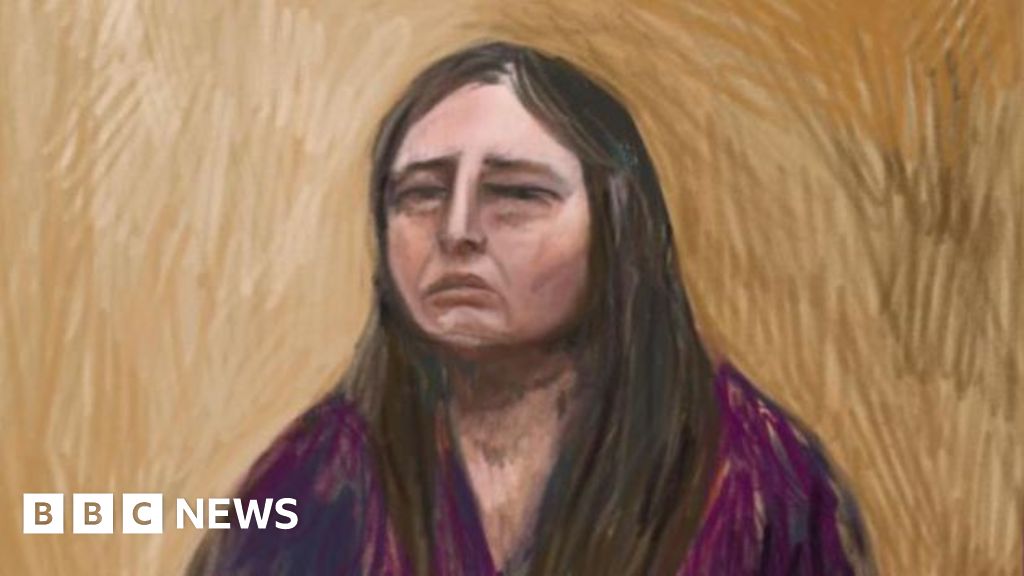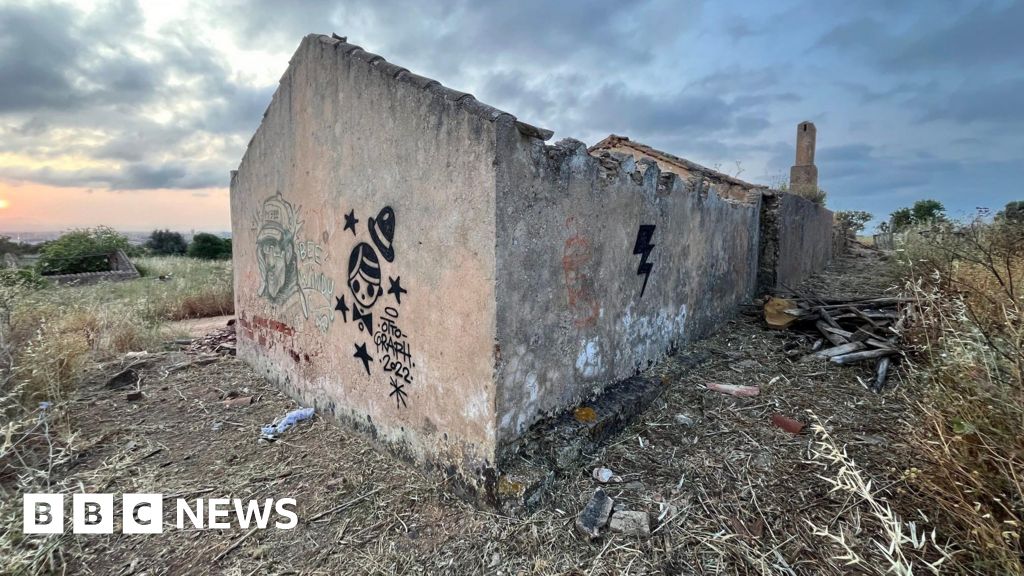A man who burned a copy of the Quran outside the Turkish consulate in London has been found guilty of a religiously aggravated public order offence.
Hamit Coskun, 50, shouted abusive comments about Islam as he held the flaming book aloft in Rutland Gardens in Knightsbridge on 13 February.
On Monday he was found guilty at Westminster Magistrates Court of the offence and of using disorderly behaviour, and fined £240 with a statutory surcharge of £96.
District Judge John McGarva said Coskun's conduct was "provocative and taunting" and told him "you have a deep-seated hatred of Islam and its followers".
Turkey-born Coskun, who is half Kurdish and half Armenian, travelled from his home in Derby and set fire to the Quran at around 14:00 GMT, the court heard.
The judge said Coskun's hatred of Islam had stemmed from his experiences in Turkey "and the experiences of your family".
He said: "It's not possible to separate your views about the religion to your views about the followers.
"Your actions in burning the Quran where you did were highly provocative, and your actions were accompanied by bad language in some cases directed toward the religion and were motivated at least in part by hatred of followers of the religion."
Judge McGarva said he "did not accept" Coskun's claim that his criticism was of Islam in general and not its adherents.
Coskun had posted on social media that he was protesting against the "Islamist government" of Turkish President Recep Tayyip Erdogan who the defendant allegedly said had "made Turkey a base for radical Islamists and is trying to establish a Sharia regime", prosecutors said.
Coskun said in a statement that his conviction was "an assault on free speech and will deter others from exercising their democratic rights".
A Humanists UK spokesperson has said the case does "raise concerns" and the bar for prosecutions is too low.
They said: "When blasphemy laws were repealed in 2008, it was a victory for freedom of expression.
"We must make sure that public order legislation is not used to disproportionately target speech – even offensive speech – on religious matters, thereby chilling legitimate criticism and expression."
Judge McGarva said he did not view the case as an attempt to expand blasphemy laws.
He said that burning a religious book, although offensive to some, was not necessarily disorderly, but that other factors (including Islamophobic comments made in police interviews) made it so on this occasion.
Coskun's legal fees are being paid for by the National Secular Society and the Free Speech Union (FSU). Both organisations have said they intend to appeal against the verdict "and keep on appealing it until it's overturned".
An FSU spokesperson said: "If that means taking it all the way to the European Court of Human Rights, we will do so.
"Religious tolerance is an important British value, but it doesn't require non-believers to respect the blasphemy codes of believers."








 English (US) ·
English (US) ·